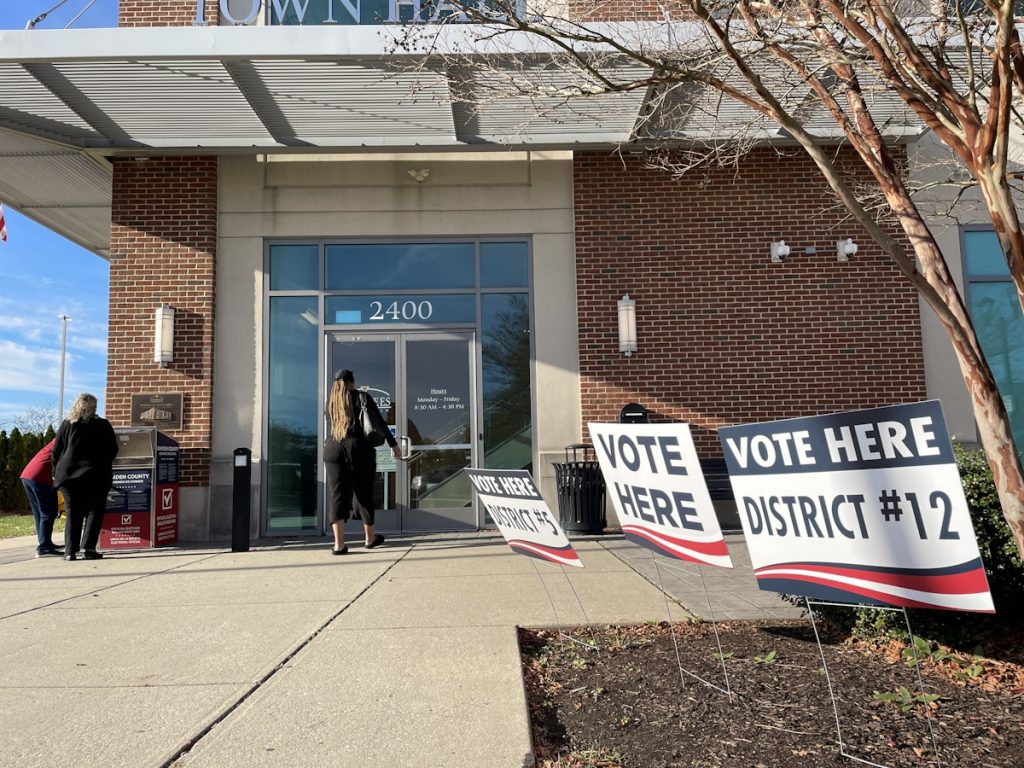The Impact of the Trump-Putin Summit on Ukrainian Refugees in Alaska
The recent meeting between former U.S. President Donald Trump and Russian President Vladimir Putin has sparked significant concern within Alaska’s Ukrainian refugee community. Many who fled Russia’s invasion of Ukraine now reside in Alaska, drawn by its established Ukrainian diaspora and supportive resettlement programs. The summit’s focus on U.S.-Russia relations has amplified anxieties about geopolitical shifts that could affect their safety and future.
Political Uncertainty and Fear of Diminished Support
Alaska’s Ukrainian refugees closely monitored the summit’s discussions, particularly any hints of U.S. policy changes toward Ukraine. Trump’s past statements advocating for reduced military aid to Ukraine and his conciliatory tone toward Putin have raised fears that Washington might prioritize diplomacy with Russia over supporting Ukraine’s sovereignty. For families displaced by the war, this stokes worries about prolonged displacement or even forced returns to unsafe conditions.
Economic and Social Repercussions
Alaska’s economy, heavily reliant on industries like fishing and energy, has absorbed hundreds of Ukrainian refugees since 2022. However, potential shifts in U.S.-Russia trade dynamics discussed at the summit could indirectly affect local job markets. Additionally, the summit’s optics—such as perceived U.S.-Russia collaboration—have deepened divisions within Alaska’s communities. Some Ukrainian refugees report heightened stress and feelings of isolation, fearing their struggles are being overlooked in broader political negotiations.
Community Responses and Advocacy
Local organizations, such as the Alaska Ukrainian Cultural Center and refugee aid groups, have mobilized to address these concerns. Efforts include:
- Hosting town halls to provide updates on U.S. foreign policy.
- Advocating for continued humanitarian aid to Ukraine.
- Offering mental health resources to address trauma triggered by geopolitical tensions.
Leaders like Oksana Marchenko, a coordinator at Anchorage’s refugee support network, emphasize the need for clarity: “Our community deserves to know whether the U.S. will stand by Ukraine—or if we’ll be abandoned for political expediency.”
A Historical Context of Displacement
Alaska has been a refuge for Ukrainians since the Cold War, with waves arriving after World War II and the 2014 annexation of Crimea. The latest arrivals, however, face unique challenges due to the scale of Russia’s ongoing invasion and the polarizing nature of U.S. politics. For many, the Trump-Putin summit symbolizes a precarious juncture, where their hopes for stability clash with global power dynamics.
Looking Ahead
While the summit’s immediate policy impacts remain unclear, its psychological toll on Alaska’s Ukrainian refugees is undeniable. Community leaders urge policymakers to consider the human cost of geopolitical decisions. As the 2024 U.S. election approaches, the community remains vigilant, advocating for policies that prioritize humanitarian principles over diplomatic compromises with Russia.



